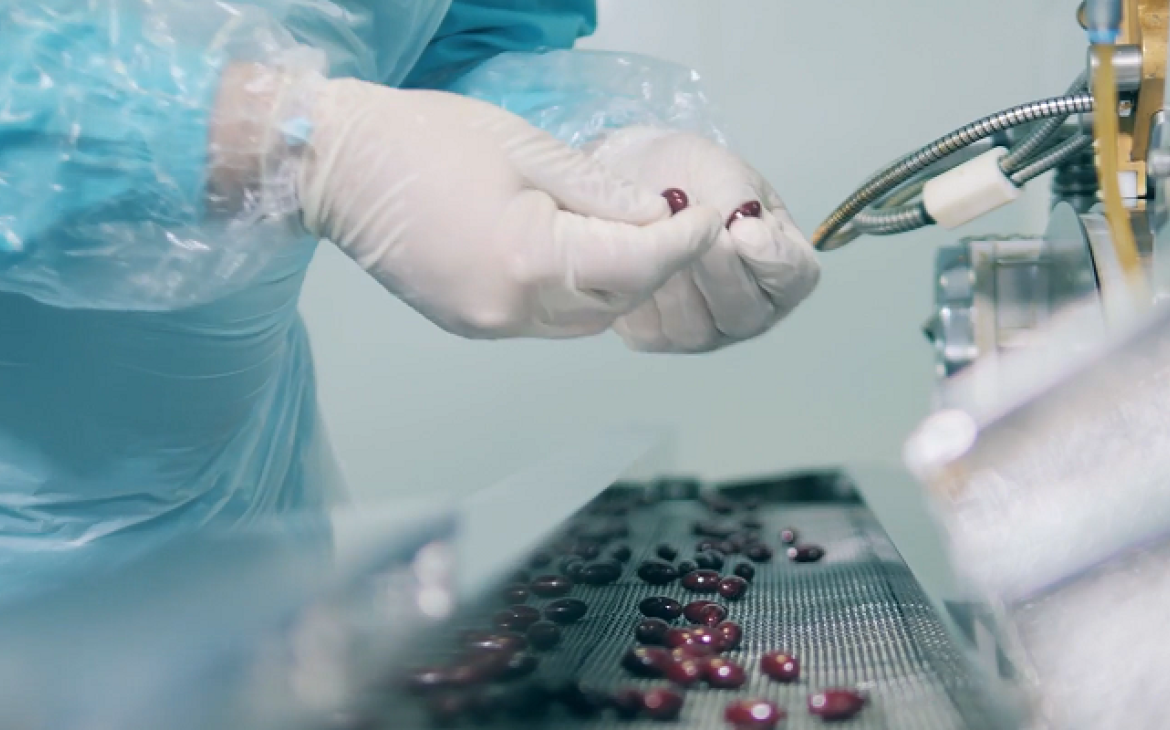Participants in USP’s Global Fellowship Program are making important scientific contributions in a number of critical areas thanks to the organization’s ongoing commitment to scientific mentorship. In January, USP welcomed its most recent fellow, Yang Liu, M.S., a Ph.D. candidate from the College of Pharmacy at the University of Illinois at Chicago, to this mentored research program that has nurtured new scientists for over three decades.
Yang Liu is helping USP broaden the scope of analytical methods offered by exploring digital techniques, such as qNMR, for confirming the structure of a material. He joins Katelyn Arnold, a Ph.D. candidate from the Eshelman School of Pharmacy at the University of North Carolina, who is continuing research on improving the quality control of heparin drugs in her second term as a USP global fellow.
Launched in 1981, USP’s Global Fellowship Program has provided more than 200 Fellow awards for Ph.D. candidates and post-doctoral students, representing an investment of nearly $4 million. Over the years, this program has yielded benefits both for individual researchers as well as for USP. CEO Ronald T. Piervincenzi, Ph.D, appreciates the value of research fellowships from first-hand experience. “As a Ph.D. candidate, I benefitted from fellowship opportunities and I’m extremely pleased that USP offers this robust experience for talented young scientists” said Dr. Piervincenzi. “It’s important that scientific organizations like USP help mentor the next generation of researchers.”
In addition to financial support, each fellow is paired with a USP mentor who is available to answer questions and help guide their research in ways that will maximize its practical benefits to industry, regulators and health practitioners. Fellows at USP have helped advance research contributing to the full scope of USP’s work, including quality standards for chemical and biological medicines, excipients, dietary supplements, herbal medicines, healthcare quality, and food ingredients.
USP’s global fellows for 2016 made several important contributions that have great potential to improve public health, including:
Katelyn Arnold, Ph.D. candidate, Department of Biology and Medicinal Chemistry, University of North Carolina at Chapel Hill who worked on developing quality standards and physical reference standards for low molecular weight heparin (LMWH). Katelyn’s work has tremendous public health impact, stemming from a deadly contamination in the global supply of heparin, a commonly used blood thinner that occurred several years ago. In response to the contamination, many physicians began recommending LMWH – another form of the drug –believing it to be safer. Katelyn’s work to develop high quality reference standards for LMWH in order to protect patients meant a great deal to her. “It really means a lot that the work that I do as a graduate student on the bench and on the computer could potentially one day impact the healthcare of people who use (medicine) worldwide.”
Kelly M. Hines, Ph.D., senior fellow in the Department of Medicinal Chemistry, University of Washington whose research in ion mobility-mass spectrometry (IM-MS) helped develop new methods for identifying and characterizing drugs and excipients. Kelly is grateful for the opportunity to have an important impact on drug development. “We have now measured 1,400 different drug compounds and have highly reproducible measurements for those,” notes Kelly. “This information was not available prior to this study, so I think my project will have a good impact on the industry.”
Julie L. Calahan, Ph.D. candidate, Department of Pharmaceutical Science at University of Kentucky Research Foundation, who focused on improving analytical methods for USP’s excipient monographs. Julie’s work is helping USP’s ongoing work to update its excipient monographs. “Excipients are a big part of drug formulation,” Julie notes. “My review of the USP-NF excipient monographs will help USP direct their modernization efforts.”
More information about USP’s Global Fellowship Program, including research priorities and application information, is available on the USP website.


